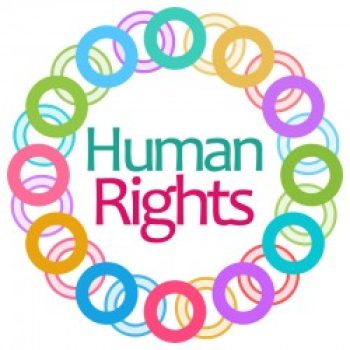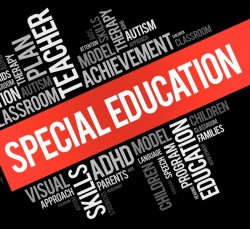Summary
New York City’s “cooperative dialogue” law– an amendment to New York City’s Human Rights Law (“NYCHRL”)– takes effect October 16, 2018. In anticipation of that development, the New York City Commission on Human Rights (“NYCCHR”) has issued written guidance for covered employers on “best practices” to comply with their legal obligation to reasonably accommodate job applicants and employees with disabilities under NYCHRL.[1] It also addresses the legal obligations of other covered entities[2] to provide reasonable accommodations.
The guidance is useful in understanding how the NYCCHR is enforcing, and plans to enforce, the law.
NYCCHR Guidance on Reasonable Accommodation
Citing that approximately one million New York City residents live with disabilities (or 11.2% of New York City’s population), the NYCCHR recently issued lengthy guidance on reasonable accommodation obligations of employers (landlords and places of public accommodation) with respect to disability. With respect to employers, the guidance addresses and provides examples of:
1) violations of New York City’s Human Rights Law (harassment– treating people “less well” because of disability is a violation of the law, discriminatory policies, and actions based on stereotypes or assumptions);
2) neutral employment policies that have a discriminatory impact;
3) job postings, employment applications, and hiring selection processes that are discriminatory;
4) failure to engage in the cooperative dialogue, failure to provide reasonable accommodations for disabilities, and defenses to a claim of failure to provide reasonable accommodations; and
5) reasonable accommodations based on disability, the prohibition of retaliation, and discriminatory harassment.
Recommendations
Employers with employees in New York City would be well-advised to:
- review the NYCCHR’s recent guidance on reasonable accommodation requirements for employers
- review any policies or practices prohibiting light duty work
- conduct trainings for managers on the new legal requirements of the cooperative dialogue process for reasonable accommodations
- post required notice (i.e., Pregnancy Rights notice) and consider voluntarily posting Notice of Rights
- conduct training for employees on their legal rights and process for requesting a reasonable accommodation
- review hiring practices and job postings
- update policies on absences, light duty and reasonable accommodation to comply with the NYCCHR guidance and the law
- confer with employment counsel.
Our employment law department can conduct audits of your employment practices, conduct training for managers on lawful hiring and handling reasonable accommodations and staff training, and update your employee policies. Please contact Lisa Brauner, Head of Perlman & Perlman LLP’s Employment Law Practice, at: lisa@perlmanandperlman.com or 212-889-0575 to schedule an audit, training or update of your employment policies for your organization.
[1] The NYCHRL requires covered entities “provide reasonable accommodations to individuals with disabilities to enable them ‘to satisfy the essential requisites of a job or enjoy the right or rights in question provided that the disability is known or should have been known by the covered entity.”
[2] Covered entities include: (1) employers with at least four employees, including independent contractors; (2) providers of public accommodation; and (3) providers of housing accommodation, land, and commercial space. See N.Y.C. Admin. Code § 8-102.
The New York City Human Rights Law requires an employer to provide reasonable accommodations unless doing so would create an undue hardship for the employer, for the needs of individuals who have a physical, medical, mental or psychological impairment, or a history or record of such impairment (disability), pregnancy, childbirth or related medical condition, religious observance, and status as victim of domestic violence, sexual violence, or stalking. The NYCCHR guidance addresses only disability, not the other reasonable accommodation categories.
As per the NYCCHR, “a reasonable accommodation is a change made to the work schedule or duties of an employee to accommodate their specific needs and allow them to do their job.”
-
Perlman & Perlmanhttps://www.staging-perlmanandperlman.com/author/nancyisrael/
-
Perlman & Perlmanhttps://www.staging-perlmanandperlman.com/author/nancyisrael/
-
Perlman & Perlmanhttps://www.staging-perlmanandperlman.com/author/nancyisrael/
-
Perlman & Perlmanhttps://www.staging-perlmanandperlman.com/author/nancyisrael/










